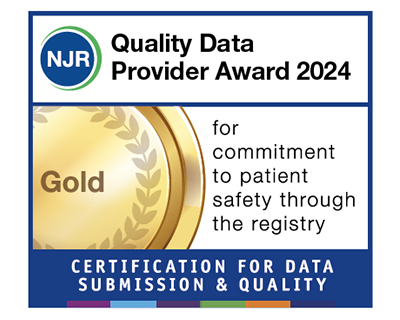Springfield Hospital Specialists
-
Dr Imtiaz Ahmed
Dr Imtiaz Ahmed is a Consultant Neurologist in Essex who specialises in movement disorders, Parkinson's disease, dementia, stroke, epilepsy, headache, spasm, and spasticity.
Read more -

Dr Ravi Dasari
Dr Ravi Dasari is a Consultant Neurologist specialising in headaches, migraines, strokes, Epilepsy, MS, Parkinson's disease and general neurology
Read more -
Professor Plamen Georgiev
Professor Georgiev is a Consultant Neurologist, Springfield Hospital, Essex who specialises in Nerve Conduction Studies
Read more -
Dr Lokesh Wijesekera
Dr Lokesh Wijesekera is a Consultant in Clinical Neurophysiology specialising in nerve conduction and electromyography (EMG) studies in diagnosis neuromuscular disorders.
Read more -

Dr Ioannis Zoukos
Dr Ioannis Zoukos is a Consultant Neurologist at Springfield Hospital specialising in MS, epilepsy, headaches and Parkinson’s disease.
Read more
